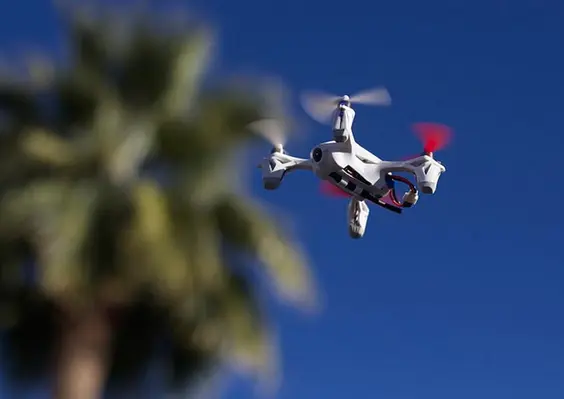The Philippines department of agriculture (DA) and the UN’s food and agriculture organisation (FAO) have launched drones to predict and reduce disaster risk in the agricultural sector
In the light of increasing impacts of climate change, floods and typhoons on food security in the country, the FAO and DA have come together to launch the use of this technology for disaster risk reduction in the agriculture sector.
“The adoption of modern technologies in agriculture, such as the use of drones or unmanned aerial vehicles, can significantly enhance risk and damage assessments, and revolutionise the way we prepare for and respond to disasters that affect the livelihoods of vulnerable farmers and fishers and the country’s food security,” said The Philippines’ FAO representative José Luis Fernández.
The deployment of drones are aimed to support the government’s response planning activities and strengthen the preparation of early warning systems and farm-level advisories, which farmers and fisherfolk can use to make better-informed decisions in protecting their livelihoods.
Data generated from the drone flights will also be useful in the design of agricultural infrastructure support projects as well as environmental monitoring. Drones equipped with photogrammetric and navigation equipment will be used to allow rapid and reliable assessments. These will be operated by DA and FAO technical specialists, including agronomists, agricultural engineers, mapping and IT specialists and data science experts who are undergoing a three-week intensive training course.
This initiative will be a major step in the proactive risk reduction in The Philippines.




